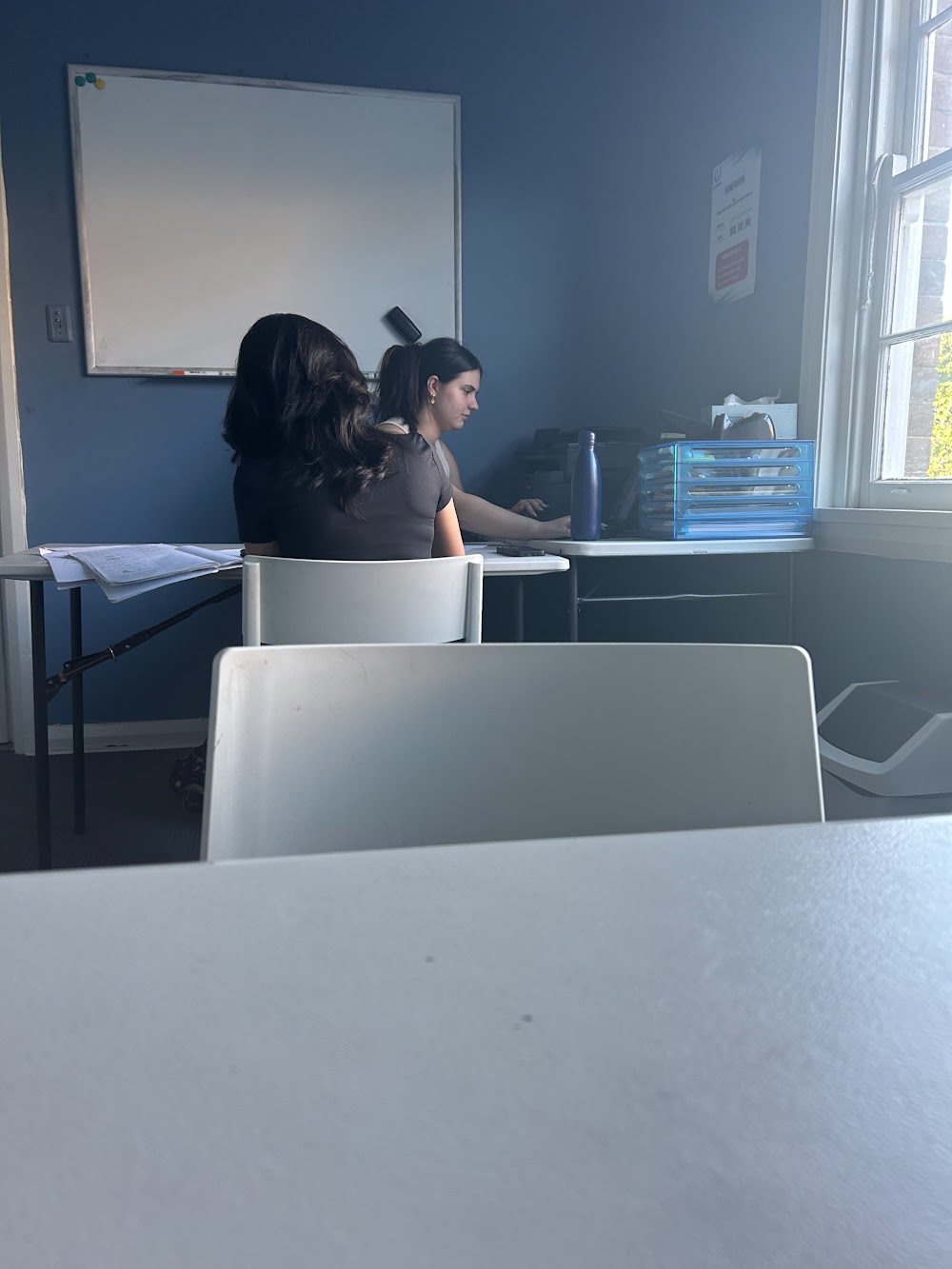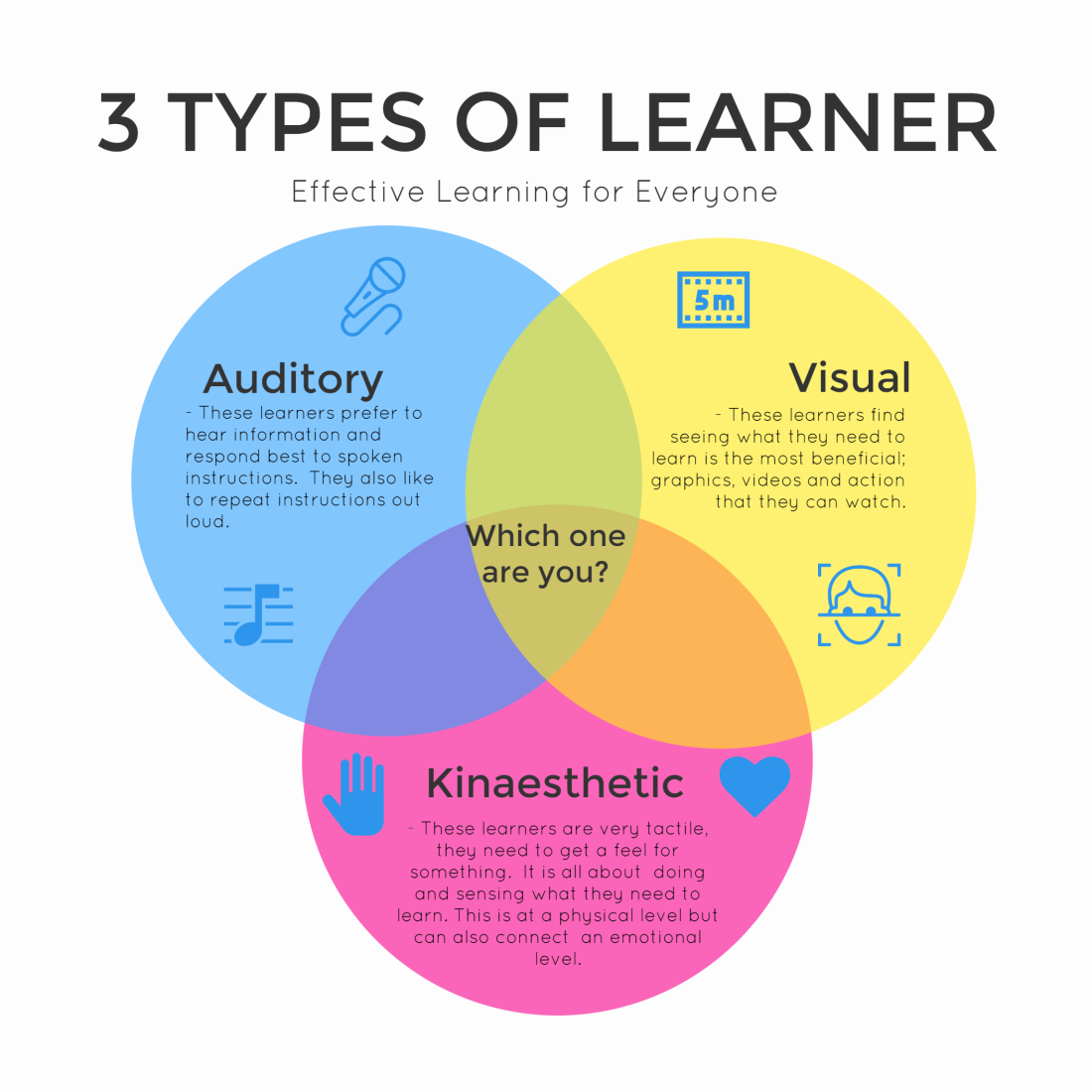
Many parents are surprised when a child who once read confidently in primary school begins to struggle with reading in the later years. It can show up as difficulty keeping up with novels, frustration with textbook chapters or an overall drop in comprehension. At First Education we see this pattern often and the reason is rarely a decline in ability. It is usually the result of the type of reading changing faster than students expect.
In primary school most reading is narrative based and written in accessible language. Texts are designed to build fluency and enjoyment. Once students enter secondary school the expectations shift. They encounter subjects like science, history and geography which require them to read informational texts filled with specialised vocabulary and complex sentence structures. A student who has never been taught how to break down these texts may suddenly feel overwhelmed.
Another factor is that reading becomes a tool rather than the focus of the lesson. Teachers assume students can interpret diagrams, skim for key information and summarise arguments, but many learners have never been explicitly taught how to do this. Without these strategies they read everything at the same pace, miss important details and lose confidence when assessments require deeper analysis.
There is also the challenge of digital reading. Many students are used to scrolling rather than sustained concentration, so long chapters or dense articles can feel tiring. This does not mean they are poor readers. It simply means they need support rebuilding their endurance and learning techniques to stay engaged.
Tutoring can make a significant difference by teaching students practical skills such as annotating, identifying author intent, unpacking unfamiliar vocabulary and understanding text structures. When students learn how to approach a difficult text step by step their confidence grows and reading becomes more manageable again.
The good news is that a decline in reading skills is not permanent. With the right guidance students can adapt to the demands of secondary school and become strong, independent readers once more.
Frederick Le Vay











